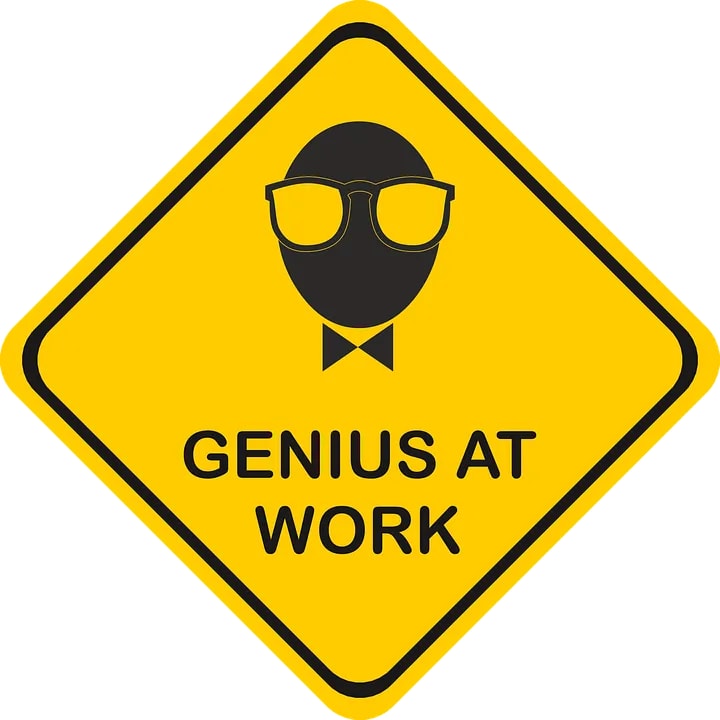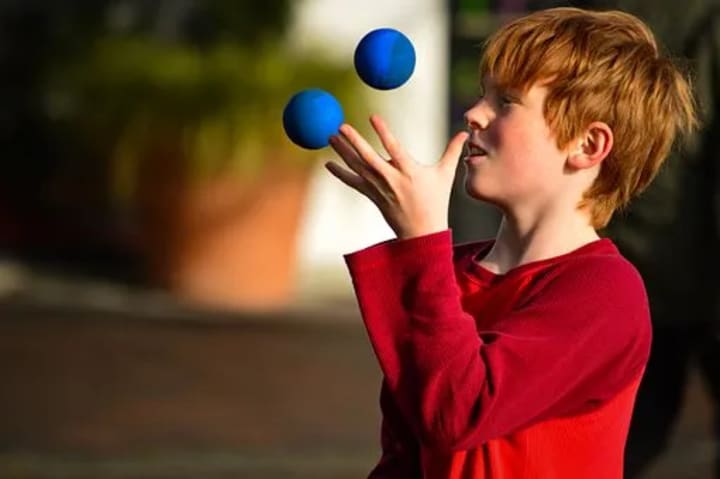Brain Break: Wastage of Time or Productive Play
The organ working behind the Scenes needs to recharge too.

Generation Z or Zoomers are ambitious members of society as they want participation in every leading thing happening around them. For them, mere participation is not satisfactory. Instead, they aim to excel in the tasks they undertake. And for that, a person needs perfection. In order to attain that, we walk that extra mile that others gave up.
In this loop, we dedicate ourselves wholeheartedly but forget to halt. When this happens, fatigue overtakes us and we fall prone to illness. Now suppose we are working on a computer. A stage arrives when the C.P.U heats up and shuts down the whole system. Similarly, the Brain is the C.P.U of the body and the major factor that hurdles our journey. It is the lack of desirable halts that restricts our brain to send the signals properly to our body.
Hence, in this article, we are going to discuss how to give your brain a break by not affecting the output of your work (especially applicable to Gen Z).
The brain works Behind the scenes

Our brain is not built to be working 24/7 without any rest. Nowadays as we’re behind screens for hours upon hours, we know there’s a dip in concentration and focus after about 25 or 30 minutes i.e., about the span of your favorite TV show (Sitcom). But this can actually be an efficient way to study.
There is a name for this technique and it is called the Pomodoro technique i.e, study for 25 minutes and rest for the next five minutes and repeat the cycle.
If you are studying and you are thinking and also you are working, it actually helps to take regular interval breaks because it gives your brain a little time to recharge and also it creates more primacies and recencies.
What are Primacy and Recency?
Primacy means you tend to remember something in the beginning recency means you tend to remember something at the end so if I give you a list of 30 words you’re probably going to remember the first ones.
Now, the challenge is you lose a lot in the middle (e.g.- you don’t remember the words after 15) so the reason why you take breaks is you create more primacies and recencies so you can learn and remember a lot more information.
Now what do you do during these Brain Breaks?

According to Brain experts, they recommend after 25-30 minutes you take a little pause and for five minutes you do three things.
Number one can be a Simple Breathing Exercise ( it can be performed at the beginning of your study session also). This is also a daily regime of mine before our first class starts in college. It is done for about 5–10 minutes and believe me, it sure is soothing.
Take a deep breath because a lot of times if we are fatigued and you have mental fog and you don’t have clarity part. Your brain is only two percent of your body mass approximately but it requires 20 percent of the nutrients and oxygen and so give yourself the gift of oxygen and deep breathing what else do you want to do during your break?

Another basic life necessity is water so hydrate when you are dehydrated and if you have more water it actually increases your reaction time and thinking speed by about 30 percent.
Now, what is the third thing you do during this brain break I need you to stand up and move.

A lot of people say that sitting is the new smoking.
As already mentioned, we’re behind screens all day for hours and the primary reason you have a brain is to control your movement as your body moves your brain grooves. Hence, you create brain-derived neurotrophic factors BDNF which is like fertilizer for your brain when you take long walks.
We talk about Geniuses and how they come up with creative ideas and they have walking meetings outside in the sunlight and the Clean Air.

These are very important things to do even when you’re listening to an audiobook or a podcast if you are taking a nice walk or you’re on an elliptical or a treadmill and you have that rhythm you’re likely to remember the information and understand it better.
Juggle like Messi
There’s a study done at Oxford University that said juggling actually creates more white matter in your brain.

Get one ball maybe two balls and start juggling. For this you have to relax your sense of sight so you could see the balls because we only have two eyes but if there are three balls you can follow all of them so you expand the peripheral vision to take more in.
This is how you get the benefits of a bigger brain and it’s great training for your reading.
Also, juggling is a great metaphor for life. Do you feel like sometimes you’re juggling so many things that you have so many roles, so many responsibilities when we talk about quick thinking one of the things that keep us from growing and being successful is the expectations of others.
And the power of mistakes and some people are really fearful that they’re going to make a mistake and so I’m going to encourage you to throw the juggling ball up and just let it drop and feel good about it.
See, the world did not end and even if people are laughing at you they’re not going to be thinking about that a few minutes from now.
That’s okay you don’t have to be perfect because it’s never about perfection it’s about progress and you actually progress faster you fail forward because failure is not the opposite side of success. Failure is part of success.
Another activity is Super-Brain yoga.
How do you do it?
I want you to take one hand and massage your opposite earlobe and then the other earlobe with another hand, and as you’re massaging it just squat down and then squat up so what’s the major message out of this lesson is take time to move it’s not just doing your Pilates three times a week or doing your yoga twice a week or running twice a week.

It’s about making movement part of your daily routine every half an hour or an hour just going for a walk and moving and if you want to do something more challenging, take on one exercise. Now in the comments, what I want you to do is tell me what’s your brain break when you take your brain break after 25-30 minutes.
The Pomodoro Technique or something else?
Share it in the comments so we could all learn from each other.
Also, you can check out my other article for a balanced food intake.
About the Creator
Mehak Khajuria
Former writer for science newspaper, completed my master’s in zoology and mostly write about science stuff, also tried my hand in poetries and short novels
Reader insights
Outstanding
Excellent work. Looking forward to reading more!
Top insight
Eye opening
Niche topic & fresh perspectives






Comments (2)
Madam ji namaste😂
Really good 🌷 What I often do during these brain breaks is to stretch my body a little bit ( extending my both arms in upward direction by pushing feet from the ground and then touching the ground by bending upper body in front of myself☺️ )